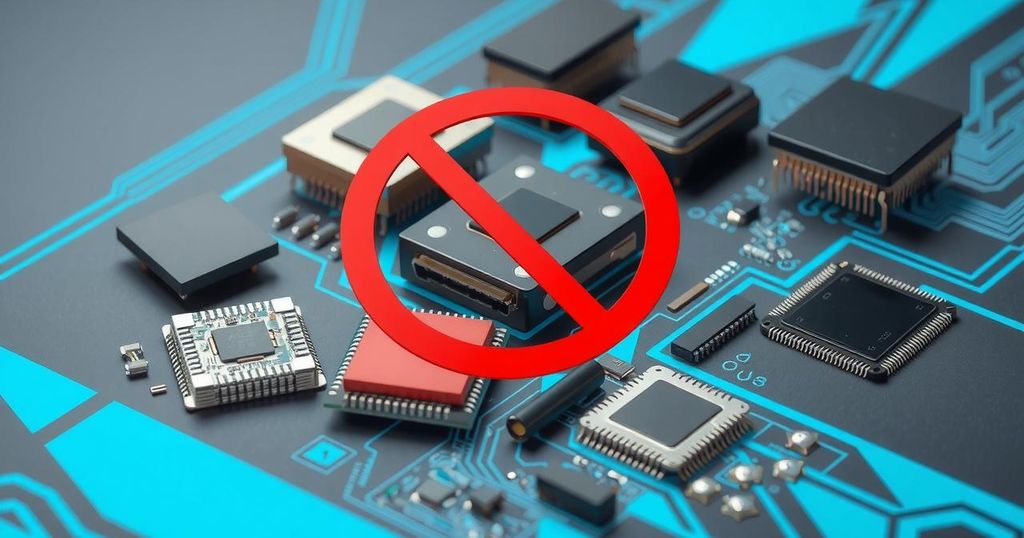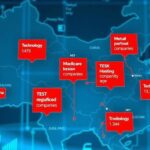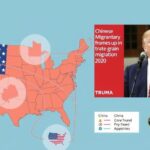U.S. Expands Export Blacklist to Prevent China’s Access to Advanced Computing Technology
The United States has added 80 organizations to its export blacklist to prevent military access to advanced computing technology by China. This includes over 50 entities based in China and aims to protect U.S. national security amidst existing trade tensions. Key impacted organizations, such as Inspur Group and the Beijing Academy of Artificial Intelligence, have expressed their disapproval of these measures.
In a recent development, the United States has taken significant steps by adding 80 organizations to its export blacklist to prevent China from accessing advanced computing technology for military uses. This action, announced by the U.S. Department of Commerce’s Bureau of Industry and Security (BIS), represents a further effort to restrict foreign access to leading American technology, despite resistance from companies like Nvidia and various semiconductor industry associations.
Among the new entries on the blacklist, over 50 entities are located in China, with others situated in countries such as Iran, Taiwan, Pakistan, South Africa, and the United Arab Emirates. BIS has categorized these restrictions as necessary to counteract actions deemed harmful to U.S. national security and foreign policy, targeting China’s capacity to enhance high-performance computing, quantum technology, advanced artificial intelligence, and hypersonic weaponry.
Jeffrey Kessler, Under Secretary of Commerce for Industry and Security, stated, “American technology should never be used against the American people.” He emphasized that the Trump administration is committed to protecting national security by preventing U.S. technologies from being misappropriated for military applications, including high-performance computing and UAVs.
Notably, six of the newly blacklisted organizations are subsidiaries of Inspur Group, a major Chinese cloud computing firm that has been a significant client for U.S. chip manufacturers. The BIS alleges that these entities were involved in developing supercomputers for the Chinese military. Additionally, the Beijing Academy of Artificial Intelligence, a research institution, has voiced its dismay at being included in the blacklist, calling it a decision without factual support.
The Chinese Foreign Ministry has also criticized the U.S. expansion of the blacklist, arguing that it violates international law and norms. These new export restrictions exacerbate the existing tensions between the United States and China, which have already been heightened by the imposition of significant tariffs on Chinese goods under the Trump administration.
The U.S. has broadened its export blacklist to include 80 new organizations, primarily targeting those linked to China’s military and technological advancements. This move reflects ongoing efforts to protect U.S. national security against potential misuse of American technology. Notable organizations, including subsidiaries of Inspur Group and the Beijing Academy of Artificial Intelligence, have been impacted, raising concerns and criticisms from both Chinese officials and affected entities. The ongoing trade tensions between the U.S. and China continue to complicate diplomatic relations.
Original Source: www.theverge.com








Post Comment